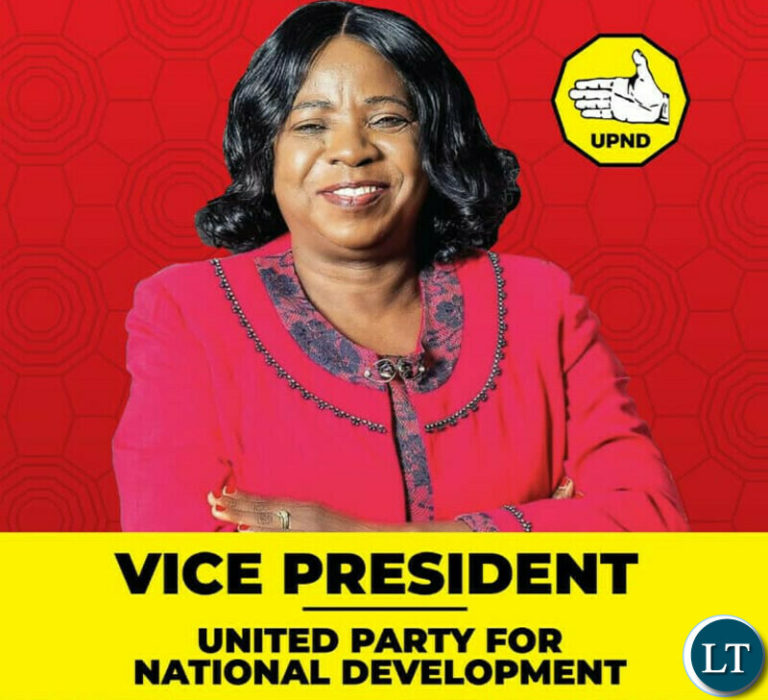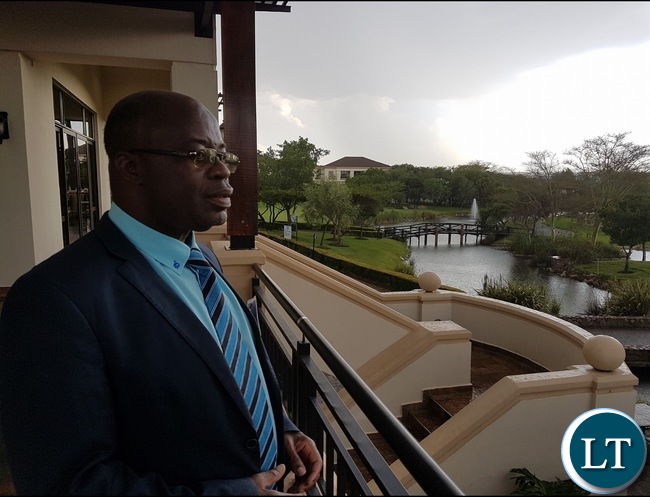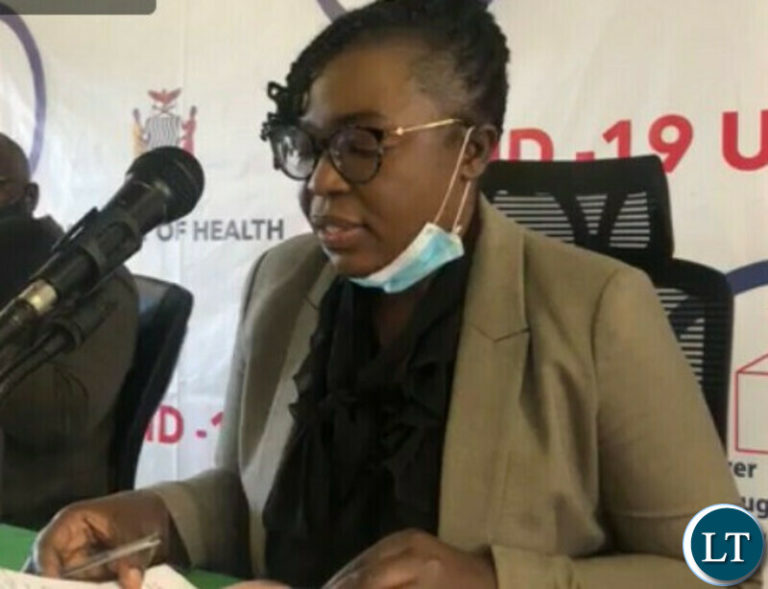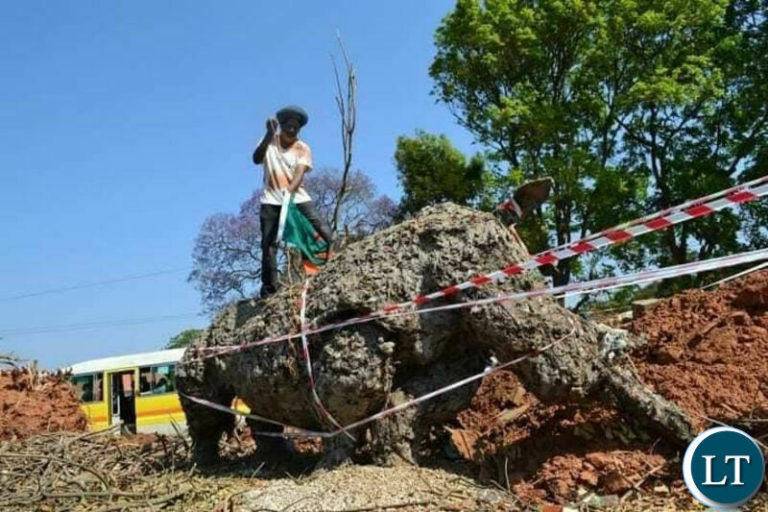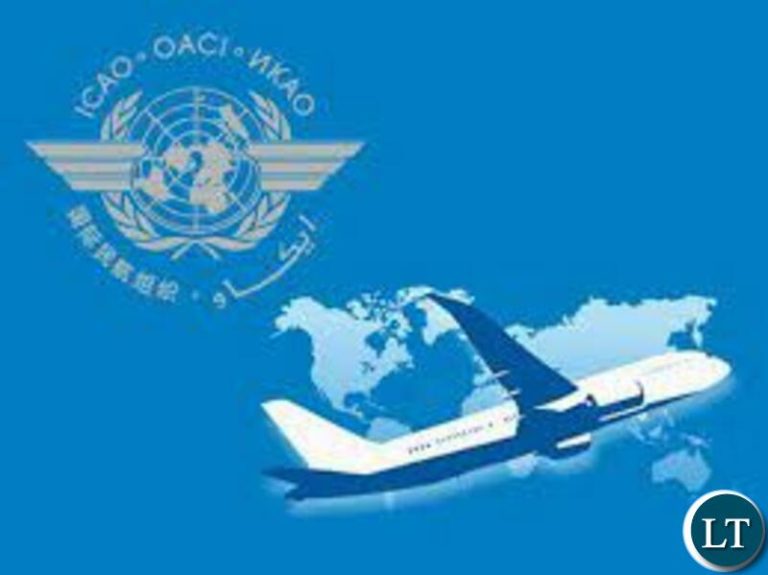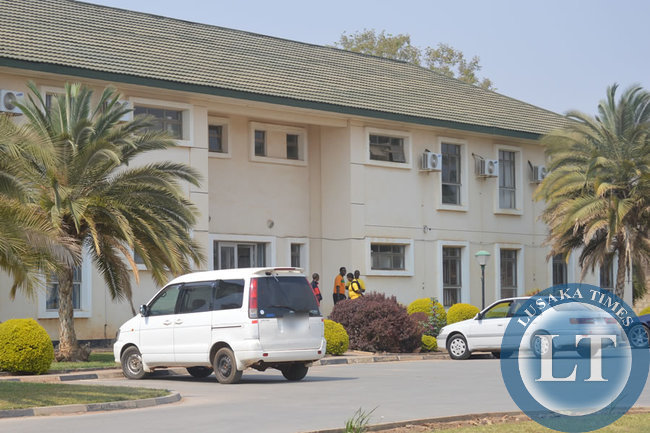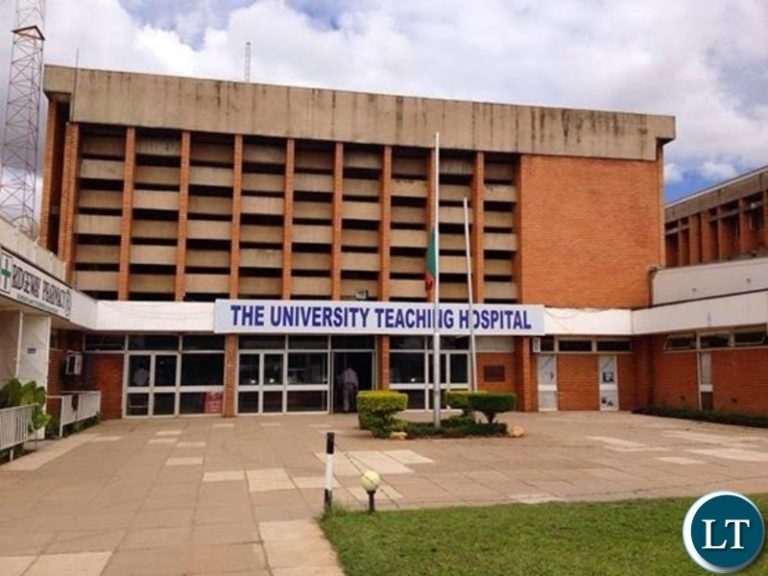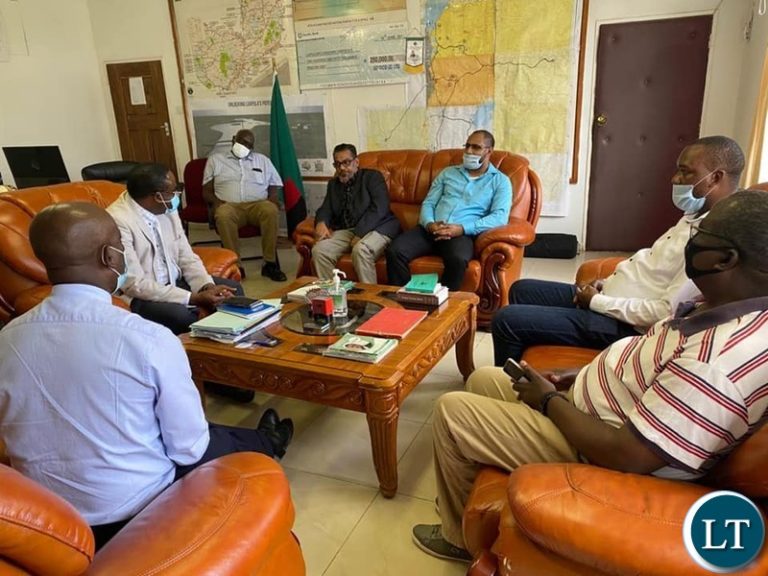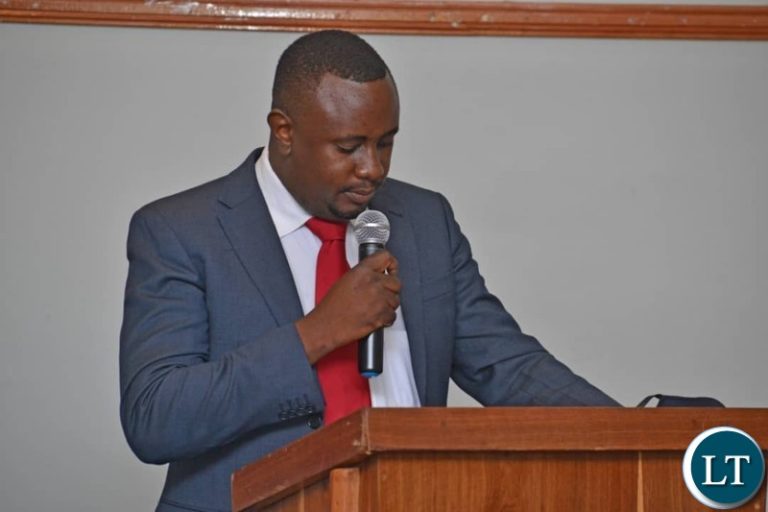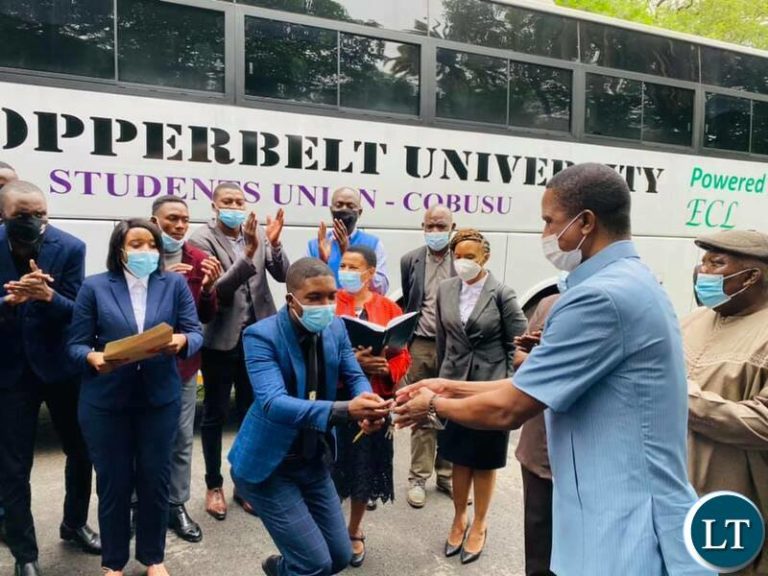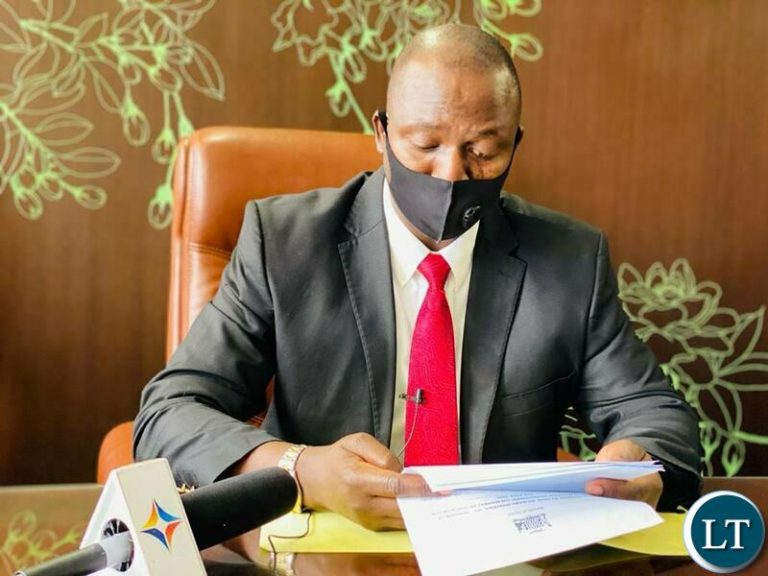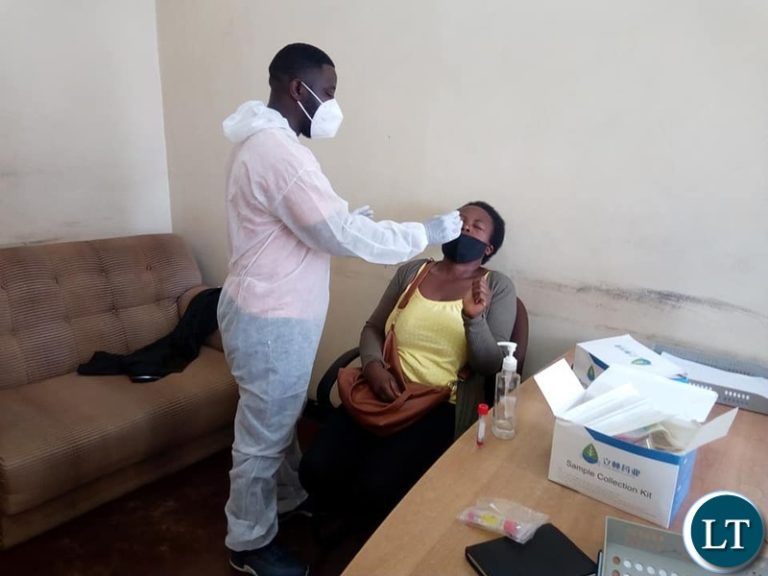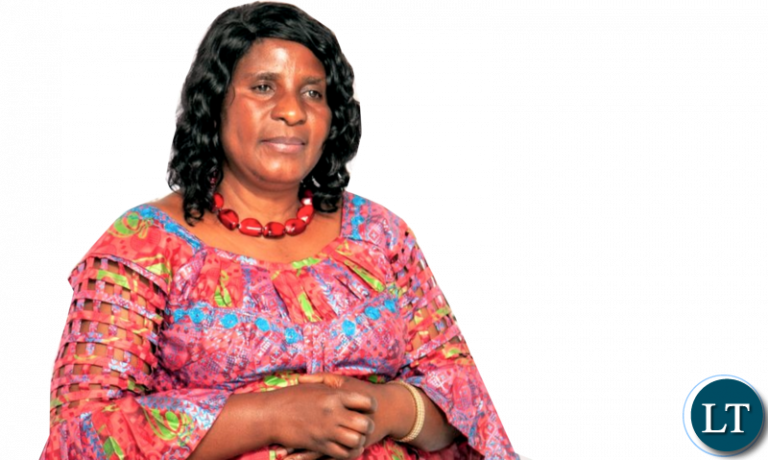By Charles Kakoma, UPND Member of the National Management.
The just ended General Assembly of the United Party for National Development ( UPND) has been praised by many stakeholders as a success.
In the minds of some detractors, they did not expect the UPND to hold a National Convention to elect its leaders. In fact, the issue of the UPND not holding a Convention became a propaganda message by the ruling Patriotic Front and some surrogate Non-Governmental Organisations who were de-campaigning the UPND for failing to practice internal democracy within the party. They argued that if the UPND can fail to have intra-party elections, how can they be trusted to uphold democracy at the national level?.
The holding of the UPND General Assembly this month against all odds, therefore, shamed the Party’s critics.
How did UPND manage to hold these internal elections?
To begin with, the political environment was not conducive for holding elections. The ruling Patriotic Front and the Zambia Police made it extremely difficult for the UPND to organise and hold elections at the ward, constituency, district, and provincial level. In many cases, PF cadres attacked and disrupted the UPND meetings. The police also joined in denying our members their right to assemble and elect their leaders. The police intimidated, threatened and arrested our members. Some of our members are still appearing in court arising from intra-party elections. Because of the hostile environment, some of the intra-party elections were held in the bush or neighbouring countries. Through the people’s determination to hold the intra-party elections, the elections were held at the ward, constituency, district and provincial level.
Guidelines were sent to all lower organs of the party on how they were going to conduct the elections. For example, we had to constitute a proper electoral college to participate in voting. At the constituency level, for example, the electoral college consisted of all elected ward leaders from each ward in the constituency, elected councillors, Area Members of Parliament and all outgoing members of the constituency committee.
A candidate was required to be nominated by a delegate from one ward and supported two other members from different wards. We also made it very clear that representation should cover all the corners of the constituency or district to reflect the various interests in the local region. The elections were by secret ballot and based on one man, one vote.
The outcome of these internal elections at the lower organs of the party was satisfactory. We lost some old members during the elections but that is part of democracy. Even at the provincial level, four provincial chairmen lost their positions.
The most challenging and interesting election was at the national level. From the outset, we planned to achieve three major objectives. First, the UPND should come out of the General Assembly more united than we went there. We did not want divisions and fights prior to, during and after the General Assembly.
Secondly, The composition of the National Management Committee after the General Assembly elections SHALL reflect the FACE OF ZAMBIA. As delegates were voting, they were persuaded to take into account people living with disabilities, gender representation and regional diversity.
Thirdly, to amend the UPND Constitution in order to achieve our objectives. The UPND Constitution, even before any amendments, already states in Article 52 and 60 that people shall be elected to the National Management Committee. Some people were gunning for certain positions in the National Management Committee such as vice president, chairman or secretary-general. Allowing people to stand for specific positions in the party was not only unconstitutional in terms of Article 52 and 60 but also highly divisive. The sub-article referring to the existence of positions in the NMC was therefore amended by the General Assembly prior to voting for NMC members.
The only qualifications for standing as an NMC member were that one needed to be a member of the UPND for at least one and half years, be in good standing with the party, pay a nomination fee of K1000, be nominated by one province and supported by two other provinces and attach a curriculum vitae.
For the presidential position, a candidate needed to be a member of the UPND for one and half years, pay a nomination fee of K10,000, be nominated by one province and supported by five other provinces through the provincial Committees, attach a curriculum vitae, and produce copies of the NRC and voter’s card.
The deadline for lodging nominations was 6th February 2021, almost two weeks from the date of the announcement of the elections.
At the close of the nomination period, 209 candidates applied to go to the NMC. For the position of president, only one person applied and legally went through unopposed.
I have heard some PF surrogate Non-Governmental Organisations saying Hakainde Hichilema should not have gone through unopposed. But who can manufacture a candidate to apply for UPND President. No one, apart from Hakainde Hichilema, applied to stand as UPND President despite the party opening up the position to anyone to apply. Nobody can claim that he or she was prevented from lodging in their nomination papers for President. So, how can anyone argue that the election of the UPND President was not free and fair? It is basic elections law that when one is not challenged in a particular elective position, the unchallenged candidate goes through unopposed and is legally deemed to be elected.
For the vacancies in the National Management Committee, 70 members were to be elected. The candidates who scored the highest number of votes countrywide got elected to the National Management Committee. The cut-off point was the 70th candidate who won the elections.
In order to understand the UPND model of voting at the General Assembly, it is necessary to explain that there was an Electoral College that was constituted. The Electoral College consisted of Members of Parliament, all outgoing national management committee members, all members of the provincial executive committee, members of the district executive committee, members of the constituency executive committee, UPND Council Chairpersons and Mayors, some students and members in the diaspora. There were about 3000 delegates.
Because of the COVID-19, it was not wise to bring all the delegates to one central place like Lusaka to hold the General Assembly. The General Assembly was decentralised to 10 provincial centres and one command centre at the Secretariat in Lusaka. The 11 voting centres were connected by ZOOM technology for virtual conferencing. The ZOOM and other Internet platforms attracted a following of over 5 million people following the deliberations at the UPND General Assembly. We managed to break the number of delegates into small groups to enable social distancing and avoid spreading COVID-19. The delegates were given face masks, had access to hand sanitisers, water and soap.
Before the General Assembly, the UPND appointed an independent electoral commission from civil society organisations. In this case, men and women of integrity from CISCA and GEARS were appointed to conduct the UPND elections.
In order to achieve the objectives of national unity, regional representation, ethnic diversity, the ballot paper was designed in such a way that the total sum of the vote would reflect such an outcome. One ballot paper contained the names of all the 209 candidates. The candidates on the ballot were classified by the province sponsoring them.
Each voter was expected to vote for 70 people he or she wanted to be in the National Management Committee. Each delegate, therefore, had technically 70 boxes in which to mark against his or her prefered candidate. To give an example of myself as a voter, I decided to pick and vote for 7 candidates from each of the 10 provinces whom I wanted to be in the NMC. I could only vote for a maximum of 70 candidates, beyond which my ballot paper would be disqualified. With this formula of voting, I was required to vote for faces from other provinces to achieve the UPND objective of uniting the country and having a National Management Committee reflecting the FACE OF ZAMBIA.
The design of the ballot paper, however, gave a lot of work to the commissioners who were collating the results. They had to scrutinise each ballot paper and allocate the correct votes to each candidate. The cumbersome process of counting explains delays in announcing the results. The outcome was fantastic. The first 70 candidates who won came from all the 10 provinces. In fact, contrary to expectations by people who believe that UPND is Tonga dominated, the results show that the top two candidates who got the highest votes were from Northern Province followed by the next two candidates from Eastern Province.
The outcome of the elections also showed real democracy at work within the UPND. Out of the 209 people that stood in the elections, only 70 made it to the NMC. More than 100 very good leaders did not make it. But that is the price of democracy. We also had a good showing by women and the youth. The women managed to reach 29 per cent out of the targeted 30% of women representation. This will be corrected soon by the Party President who has been given some powers to nominate some people to the NMC to take care of any shortcomings arising from the election such as women, youth, regional representation and people living with disabilities.


